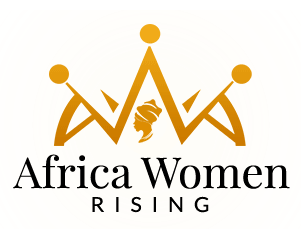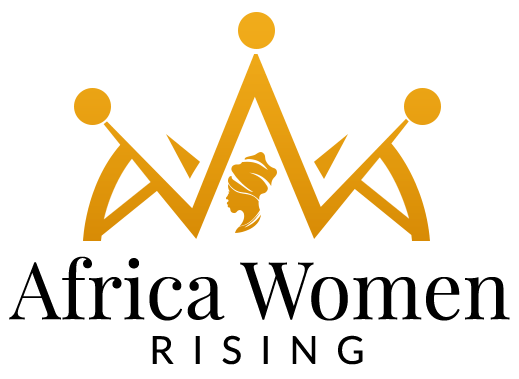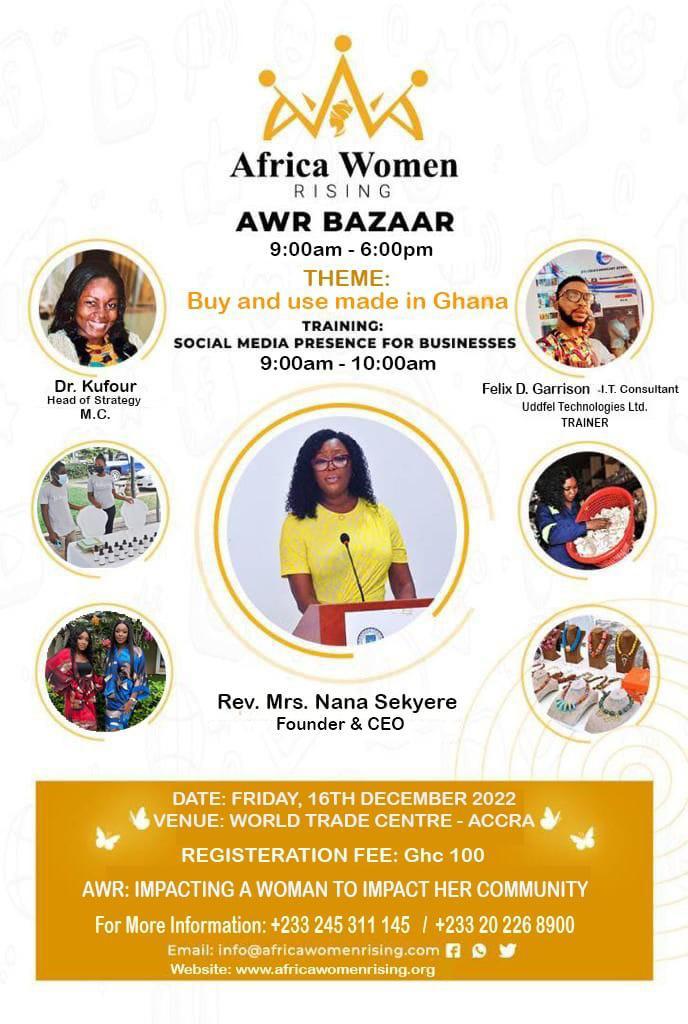Source: GRAPHIC ONLINE
There is an alarming report by the United Nations Population Fund (UNFPA) that indicates nearly one-third of women in developing countries are becoming mothers during childhood. This report was issued on July 5, 2022.
Other studies also suggest that on a daily basis, 20,000 girls under the age of eighteen in the developing world give birth. The associated disturbing issue with this menace is that these young girls are more than twice likely to die in childbirth and have a much higher risk of obstetric fistula than if they had waited until they reached twenty to give birth.
The situation of children (adolescents) becoming mothers is widespread in many West African countries, including Ghana. There have been a series of surveys conducted on this age-old problem and the results have been staggering.
Staggering statistics
In a report by the Ghana Health Service in 2014, it showed that 75,000 teenagers between the ages of 15-19 years got pregnant nationwide, even more disturbing was the fact that 14,000 of these pregnancies came from one region alone—Central Region. The reason for such high numbers was that the girls were exchanging sex for fish. They sell the fish to augment the income of the family.
In another report by the Ghana Health Service on November 2, 2021, it showed that teenage pregnancy for the year 2020 was at an all-time high of 100,000 cases across the country. Out of this number, the Ashanti Region had the highest with 17,802, followed by Eastern Region (10,856), Central Region (10,301), Northern Region (9,249), with Ahafo Region being the lowest with (2,625). Even though the years 2016 (2,325), 2017 (2,585),2018 (2,968) saw a slight decrease in the figures, the average age of the teenagers dropped further to between 10-14 years.
Teen pregnancy is associated with a high school drop-out rate, which suggests negative consequences for the affected girls’ futures. Teenage pregnancy and child marriage is undoubtedly a global menace that affects millions of women and girls every year and, unfortunately, Ghana falls within the category of nations with the highest prevalence rate, with around one in four girls marrying prior to their 18th birthday.
It is practically impossible for any nation to address the issues of poverty, gender equality, maternal and child mortality with this kind of statistics. Teenage pregnancies and early marriages remain a threat to the objectives of the Sustainable Development Goals (SDGs). Similarly, they threaten the achievement of the main goals of eradicating extreme poverty and hunger, achieving universal primary education, promoting gender equality and empowering women, and reducing child mortality.
That is why the UNFPA boss, Dr. Natalia Kanem, touching on their July 5 report said: “When nearly a third of all women in developing countries are becoming mothers during adolescence, it is clear the world is failing adolescent girls.”
For her, “The repeat pregnancies we see among adolescent mothers are a glaring signpost that they desperately need sexual and reproductive health information and services.”
She stressed on the need for governments to “invest in adolescent girls and help expand their opportunities, resources, and skillsets, thereby helping avoid early and unintended pregnancies.”
When a young girl becomes pregnant or bride, the consequences are lifelong – for the girl, for her family, for her community and for her nation. The girl is robbed of her rights and her childhood— teenage pregnancies and child marriage undermine efforts to reduce abject poverty and to build a society that is more equal.
CSOs
In its quest to help prevent teenage pregnancies and child marriages in Ghana as well as to impact a woman to also impact her community, Africa Women Rising (AWR), a non-governmental organisation with a vision to empower women and girls economically, socially and politically is currently researching into the phenomenon.
The NGO engages communities where teenage pregnancies are high and also encourages child mothers who dropped out of school to return to school after delivery.
The Founder and Executive Director of AWR, Rev. Mrs Nana Sekyere, in an interview said, the NGO is currently operating in two regions— the Ashanti Region and the Greater Accra Region to help address teenage pregnancies and child marriages.
She explained that in one of the communities they had adopted, called Oguaa, in the Ashanti Region, they found out that four girls had dropped out from the community’s basic school—Oguaa SDA primary school, due to pregnancy.
“We found out there are about four pupils who have dropped out of school because of teenage pregnancy. Interestingly, there is a primary six pupil who is six months pregnant at the time of conducting this research,” Mrs Sekyere said.
She said one of the four pregnant girls who was in her final year after giving birth was encouraged to return to school in order to write her final exam, which she did, thus enabling her to go to the Senior High School.
She said her NGO had also engaged many head porters, popularly called Kayayie, to sensitise them on the impact of teenage pregnancies and child marriage.
For her, the phenomenon of single parents’ households is greatly contributing to the rising figures of teenage pregnancies and child marriages in Ghana.
“We observed that 90% of the households with teenage pregnancy challenges did not have the full complement of a family. It is usually only the mother who is taking care of the children because the father is separated from the mother and thus there is no father figure to ensure children are well catered for,” Mrs Sekyere explained.
In addition, she noted, most of the single mothers had unhealthy dating behaviours, and stressed that considering they are separated from their teenage girl’s father, they come in at any time with different men in the full glare of their daughters, these girls also pick the habit and start indulging in early sex.
“Some of these mothers are also teens themselves. By this we mean there is always a 50% chance of the teenage pregnancy situation repeating itself. This is because the mothers of these teens are also teenagers themselves, did not fully understand their bodies before giving birth so are unable to guide their children when they reach adolescent to enable them to avoid repeating the same mistakes,” she explained.
She mentioned lack of adequate information, peer pressure and lack of recreational centres as some of the other factors contributing to teenage pregnancies and child marriages in Ghana.
Way forward
“Charity begins at home, so parents need to educate their wards as they approach puberty. In addition, schools and religious organisations should teach children about abstinence from sex, contraception, etc.”, Mrs Sekyere stressed, adding “Such topics should be emphasized in school curriculums and religious doctrines so that girls in particular will be better equipped to deal with such matters should they come up.”
For her, to practically work towards eliminating the practice of teenage pregnancies and child mothers, “World leaders need to stop paying lip service when it comes to child marriages and adult men abusing young girls. They should institute and enforce laws that will deter older men from taking advantage of young girls.”
She thus called on duty bearers, particularly traditional rulers to institute measures to outlaw ancient traditional practices that help people to take advantage of young girls, saying “Such ancient customs as ‘asiwa’ which is a form of child marriage (whereby young girls sometimes pre- teens are engaged to older men in exchange for the man providing financial support to the girl’s parents) must be abolished.”
The AWR boss said pushing and promoting for girl child education, particularly in villages, Christian and Muslim communities will help address the issue of teenage pregnancy in Ghana.
“Considering the fact that many naïve young girls fall prey to the antics of older men for economic or financial reasons, being educated will help alleviate that because schools will help give them more exposure in addition to helping them earn higher incomes in the future,” Mrs Sekyere explained.
She also called for mentorship for young girls so as to enable them avoid some of the things that will lure them into becoming teenage mothers.
She was of the view that when young girls hear from accomplished female role models, they will be able to draw inspiration from such women and hence foresee a possibility of a more meaningful life.
Voix EssentiELLES
Mrs Sekyere also called for financial and technical supports for women focused Civil Society Organisation (CSOs) by the government and other development partners in order to enable them to scale up their programmes to cover more vulnerable women and girls in Ghana and other West African countries.
The Africa Women Rising’s boss’ call for support for CSOs in West African countries easily brings in mind, Speak Up Africa’s Voix EssentiELLES initiative. Speak Up Africa (SUA) is a Dakar-based policy and advocacy tank, working in Anglophone and Francophone African countries, dedicated to catalysing leadership, enabling policy change, and increasing awareness for sustainable development in Africa.
Speak Up Africa launched the Voix EssentiELLES in July 2021 to build the capacities and competencies of women and girls as well as women-led groups to contribute meaningfully to decision-making process on issues that affect their lives and wellbeing.
The initiative was to enable the participation of women and girls’ community-based and grassroot organisations, networks and leaders in decision-making platforms at different levels relevant for their health outcomes.
The initiative, which is co-funded by Fondation CHANEL and The Global Fund to fight AIDS, Tuberculosis and malaria, aims to strengthen the capacities and skills of the beneficiary groups to influence policies, laws and programs that affect the health and well-being of women and girls.
The Voix EssentiELLES initiative aims to strengthen women and girls, in all of their diversity, by meaningfully engaging them in decision-making processes and spaces that influence health policies and programmes.
Speak Up Africa believes that “Voice, decision-making, and leadership are vital factors for the empowerment of women” and that “These factors ensure that women can express their preferences, demands, views, and interests and that they can gain access to decision-making positions.”
Violation of rights
Contributing to the subject, Josephine Oppong-Yeboah, a media personality, and gender activist said child marriage undermines the fundamental human rights of children and violates Article 16(2) of the Universal Declaration of Human Rights, which states: “Marriage shall be entered into only with the free and full consent of the intending spouses.”
In addition, she noted, child marriage also violates Article 16 of the Convention on the Elimination of all Forms of Discrimination Against Women (CEDAW) that women should have the same right as men to “freely choose a spouse and to enter into marriage only with their free and full consent”.

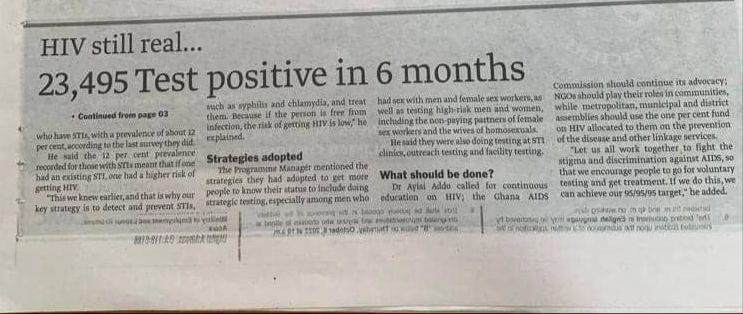

Source: GRAPHIC ONLINE
